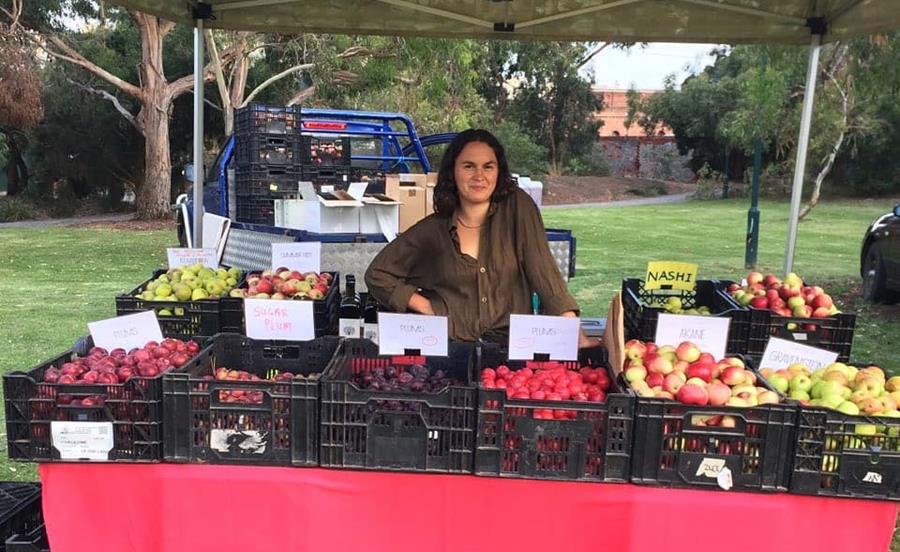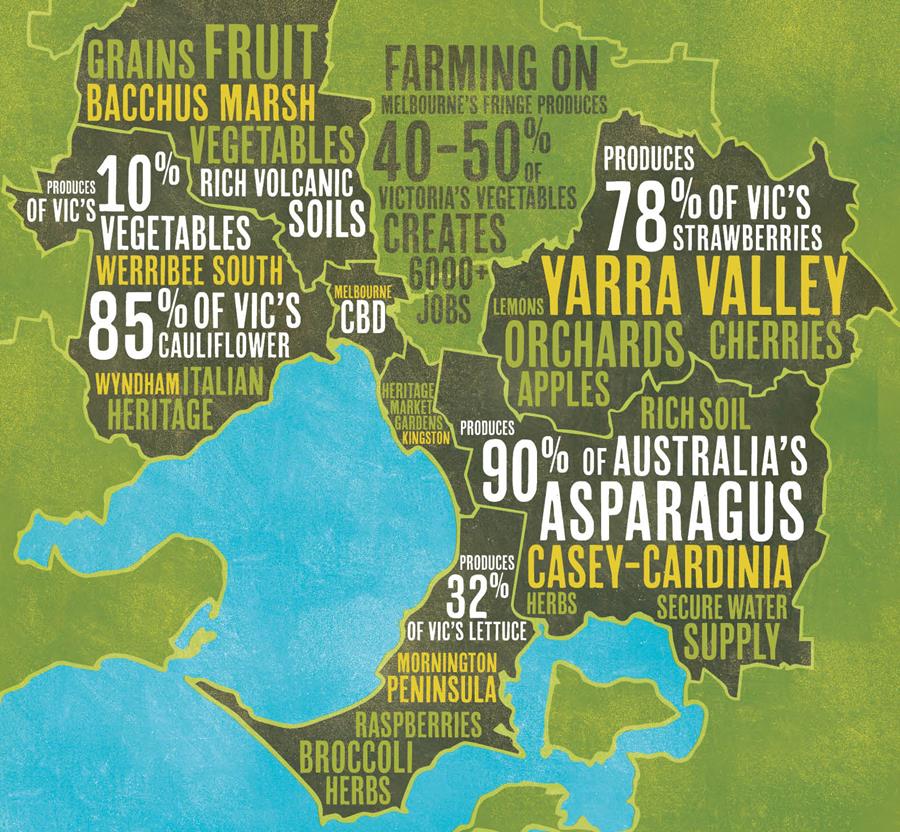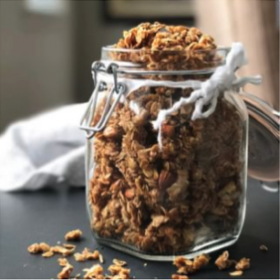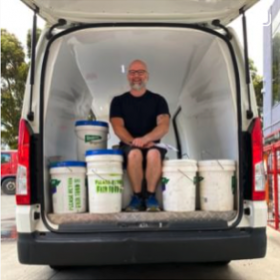
Where have the growers gone?
Fair Food’s produce buyer Joshua Arzt has been buying organic produce since the early nineties, but this year he’s has never seen fewer organic apricots, peaches and nectarines come to market.
With prices for organic stone fruit at around $20 per kg – twice what they were ten years ago, I ask Joshua what’s going on?
He says the shortage is not the usual culprits, bad weather or drought, the problem is lack of farmers.
Joshua explains many of the industry’s stone fruit stalwarts like Will-O-Hill’s Keith Matthews and apricot grower Kevin Magaan are retiring and selling up with the new owners taking out the orchards.
The impact on the organic sector is huge; it only takes a couple of larger growers to drop out to seriously affect the organic produce supply.
Recently we lost Ian Cuming, one of Victoria’s three main organic kiwifruit growers, when he retired a third of all organic kiwifruit disappeared – prices increased immediately.
What about new growers?
Sadly, it’s not that simple. The size of commercial orchards has increased hugely – once 10-20 acres could support a farmer, today, commercial orchards are 50-100 acres or more.
Needing an orchard five to ten times bigger than the one your parents bought is why new growers can’t afford to go out on their own and why orchards are increasingly large and increasingly owned by corporations.
Right now this is a problem for organic farmers but the organic sector is a microcosm of something that’s happening to all of Victorian agriculture.
We have an incredibly diverse farming community growing an amazing array of foods grown in farms around Melbourne and across our state.
The worry is if there are no new farmers to replace the retiring generations who will grow our food and what will we eat.
Recognising the crisis the Victorian government published a report on securing Victoria’s food supply last month.
With expanding Victorian cities driving up the prices of agricultural land and the big supermarkets using their market power to keep farmgate prices low – new growers wanting to get onto a piece of land are in an impossible position.
The report recognises that all sized farms, including small farms, urban farms and community farms are important to making sure we have a resilient, affordable food supply.
It recommends that we if we want new farmers we actually need to support them onto land, that, among other things, we need to separate land speculation from farming by implementing agricultural covenants in our urban green wedges.
We can only hope the government’s recommendations turn into actions, but in the meantime this holidays if you’re passing a farmgate stall, a local food hub or farmers market buy some delicious produce, invest in our food supply and the people who grow it for us.
Have a great week
Chris



